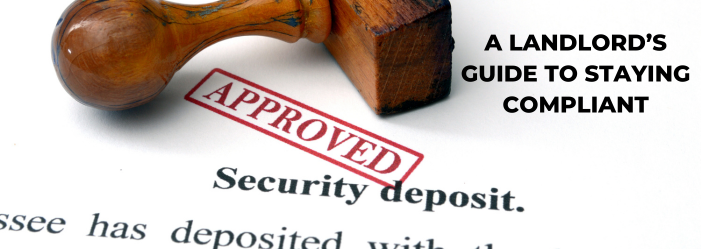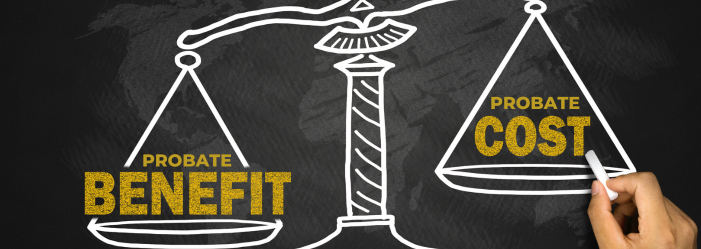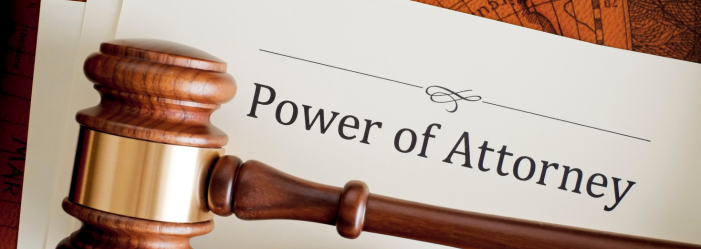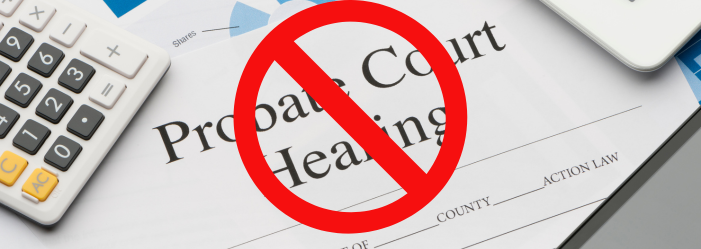Guide to Handling Security Deposits: A Landlord’s Overview
Need A Florida Lawyer? Fill Out The Form Below
Protecting Your Property and Staying Compliant: A Landlord’s Guide to Managing Security Deposits in Florida

Guide to Handling Security Deposits: A Landlord’s Overview
As a landlord, there are legal guidelines you must follow to ensure that any claims against a tenant’s security deposit are legitimate and supported by evidence. This guide explains when it’s appropriate to withhold a deposit, the notice requirements, tenant rights, and best practices for documenting property conditions.
Actions Justifying Withholding a Security Deposit
Florida law permits landlords to use a tenant’s security deposit for specific purposes, such as:
- Unpaid Rent: If rent remains unpaid at the end of the lease, you can deduct it from the deposit.
- Damage Beyond Normal Wear and Tear: Repairs for damage beyond standard wear and tear, like large holes, broken fixtures, or stained carpets, may be covered by the deposit.
- Cleaning Costs: If the property is left unclean or unsanitary, requiring professional cleaning, these costs can be deducted.
- Broken Lease Terms: If the tenant breaks the lease early, leading to financial losses (like vacant months), you may deduct these costs depending on your lease terms and state laws.
- Unpaid Utilities or Fees: Any utility or HOA fees specified in the lease agreement that remain unpaid can also be deducted from the deposit.
Written Notice Requirements
Florida law mandates that security deposits be returned to the tenant within 15 days if no claims are made. However, if you intend to withhold part or all of the deposit, you must provide written notice within 30 days of the tenant vacating the property. This notice should clearly outline:
- The Reason for the Claim: Specify the reason behind each deduction.
- An Itemized Statement: Break down the specific charges and the amount withheld for each item.
Providing clear and prompt communication helps in avoiding potential disputes and maintains transparency with the tenant.
Tenant’s Right to Challenge
Tenants have the right to contest claims made against their security deposit. Common disputes include:
- Disputing Damages: Tenants may argue that damages were due to normal wear and tear or pre-existing conditions.
- Requesting an Itemized List: If they feel charges are exaggerated or unsupported, tenants can challenge specific deductions.
- Timely Notice Requirement: If a landlord fails to provide the required notice or itemized statement within the stipulated timeframe, tenants could have the right to reclaim their full deposit.
- Unjustified Deductions: Tenants may contest deductions for routine maintenance or wear that fall under landlord responsibility.
If a dispute arises, tenants may request mediation or pursue the matter in small claims court, where landlords will need to present evidence supporting their claims.
Documenting Property Condition: Essential Inspections
Detailed documentation of property conditions at both move-in and move-out is crucial for landlords to substantiate any claims. The following practices can help protect your interests:
- Move-In Inspection: Conduct an inspection checklist with the tenant, covering walls, floors, appliances, and more. Capture time-stamped photos or videos as visual evidence. After completing the checklist, both parties should sign and keep copies of the documentation.
- Move-Out Inspection: During the move-out, repeat the inspection with the same checklist. If any damage beyond normal wear and tear is observed, document it with photos or videos. Having the tenant present, if possible, aids in addressing potential disputes directly.
- Sign-Off: After the move-out inspection, both landlord and tenant should sign the checklist. This document can provide critical evidence if disputes arise later.
Importance of Compliance
Maintaining thorough records of the property’s condition can protect landlords in small claims cases. Common issues in these cases often include non-compliance with security deposit laws, insufficient evidence to support claims, and attempts to charge tenants for normal wear and tear or maintenance responsibilities. Staying organized, following proper procedures, and understanding tenants’ rights are essential for compliance and successful claims.
How Katz & Associates Can Assist
Katz & Associates is here to support landlords in navigating Florida’s landlord-tenant laws. From preparing solid lease agreements to offering legal advice on security deposit disputes, our team provides the guidance landlords need to stay compliant and protect their investments. Contact us to learn more about how we can assist with your real estate legal needs.
Powered and Designed by Boost (boostvse.com)













